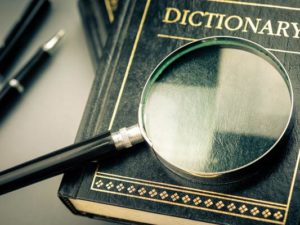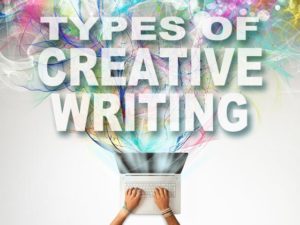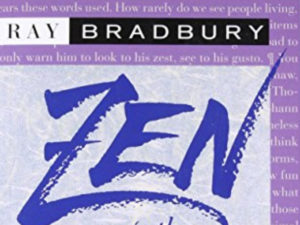
Ten Personal Journal Prompts
Most writers keep a journal of some kind to jot down ideas, scenes, thoughts, and questions. Journals can be used in many different ways. However, one of the most traditional uses for a journal is to write about one’s own life. Often, this type of journal is called a diary. It’s not always easy coming…Read More

Storytelling Exercise: Tone and Mood
Today I’d like to share an excerpt from Story Drills: Fiction Writing Exercises, which helps beginning to intermediate storytellers develop fiction writing skills. This exercise is from chapter sixty, and it’s called “Tone and Mood.” Enjoy! Tone and Mood Tone and mood give a story a sense of atmosphere—how a story feels—its emotional sensibility. Atmosphere is…Read More

Kill Your Darlings (for Storytellers)
Some writing tips are cryptic. When I first came across writing advice that said, “Kill your darlings,” I thought it meant we should kill off our favorite characters. That seemed ridiculous. I mean, there are situations in which a story calls for characters to die, but to make a sweeping rule that we should default…Read More

Poetry: Rhythm and Meter
Rhythm is everywhere: we hear it in the hum of vehicles and appliances. We feel it when we walk or run. We see it in the very rising and setting of the sun. Even our hearts beat to a rhythm. Rhythm is built into the way we experience and perceive the world. Merriam-Webster’s Dictionary offers several…Read More

Homophones: Accept vs. Except
The English language is fraught with sound-alike words that look nothing alike on the page (or screen). These homophones have given many writers headaches as they agonize over word choice while composing poems, articles, essays, and stories. Accept vs. except is one such pair of words. Though not among the most commonly confused homophones, these…Read More

14 Types of Creative Writing
When we talk about creative writing, fiction and poetry often take the spotlight, but there are many other types of creative writing that we can explore. Most writers develop a preference for one form (and genre) above all others. This can be a good thing, because you can specialize in your form and genre and…Read More

10 Reasons Writers Should Master Grammar
Each writer has a different perspective on how accurate grammar needs to be. Some are sticklers who insist on adhering to the highest standards of the literary order. Others are comfortable taking creative liberties and believe that breaking the rules is an art unto itself and a practice that should be embraced. Me? I’m somewhere…Read More

Writing Resources: Zen in the Art of Writing by Ray Bradbury
This post contains affiliate links. Ray Bradbury’s Zen in the Art of Writing, a collection of essays on writing and creativity, is infused with unparalleled joy and passion for the craft of writing. It’s an easy, relaxing read that imparts unique insight to boost your writing habits and keep ideas flowing freely and naturally. “You must stay…Read More

25 Creative Writing Prompts
Don’t you just hate writer’s block? Some say it’s a disease that only creative workers succumb to. Some say it’s a curse. Others argue that it doesn’t exist at all. But just about everyone has been there–sitting in front of a blank screen, fingers itching to create a masterpiece. And nothing happens. For me, the…Read More

From 101 Creative Writing Exercises: Chekhov’s Gun
Today’s post is from my book, 101 Creative Writing Exercises, which is available from your favorite online bookseller in paperback or as an ebook. This is from chapter six: “Storytelling,” and it’s called “Chekhov’s Gun.” Enjoy! Chekhov’s Gun Chekhov’s Gun is a literary device in which an element is mentioned in a story and its…Read More



